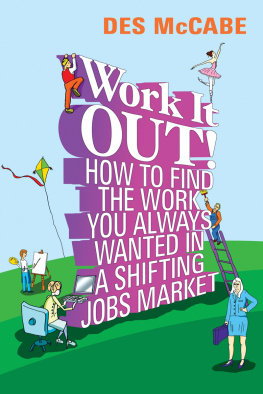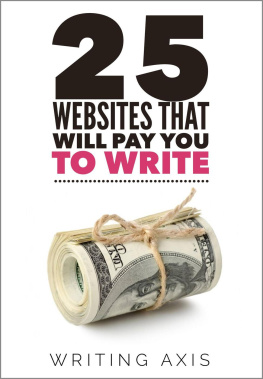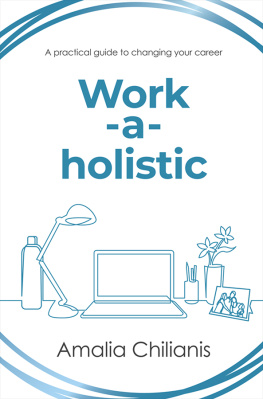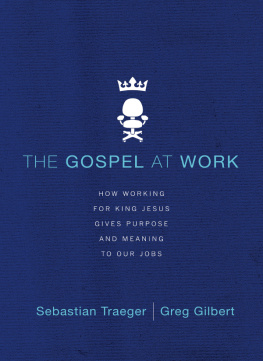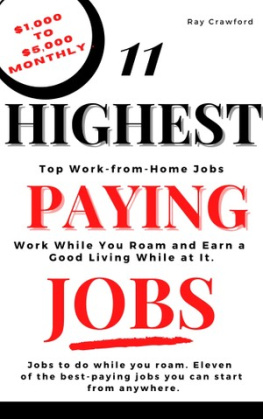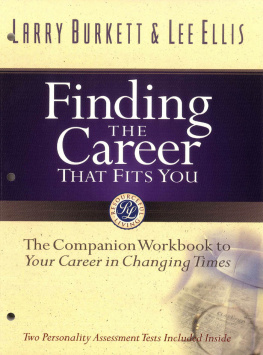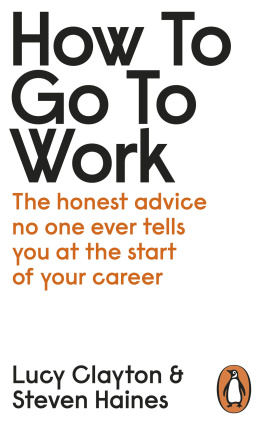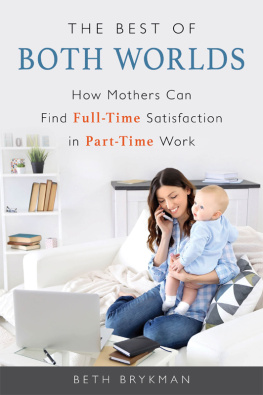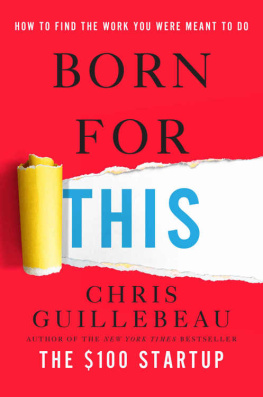Des McCabe, 2011
The moral rights of the author have been asserted.
All rights reserved. No part of this book may be reproduced by any mechanical, photographic or electronic process, or in the form of a phonographic recording; nor may it be stored in a retrieval system, transmitted or otherwise be copied for public or private use, other than for fair use as brief quotations embodied in articles and reviews, without prior written permission of the publisher.
The author of this book does not dispense medical advice or prescribe the use of any technique as a form of treatment for physical or medical problems without the advice of a physician, either directly or indirectly. The intent of the author is only to offer information of a general nature to help you in your quest for emotional and spiritual wellbeing. In the event you use any of the information in this book for yourself, which is your constitutional right, the author and the publisher assume no responsibility for your actions.
A catalogue record for this book is available from the British Library.
ISBN 978-1-84850-464-6 in print
ISBN 978-1-84850-671-8 in epub format
ISBN 978-1-84850-670-1 in Mobipocket format
To Ma and Da, with love
Acknowledgements
With special thanks to Nuala Moran, Jimmy Ryan, Richard McQuillen, Joan Browne, Roger Wilson-Hinds, Damien Maddalena, Celine White and Pauline McCabe for their inspiration, expertise and support.
Contents
Work It Out! is a new way to think about your working life.
Looking at rising unemployment, the daily toll of redundancies and the squeeze on pensions, its not hard to spot that the traditional model of working full time for a single employer, or starting a business and being self-employed full time, is no longer a realistic option for most of us. Work It Out! is the alternative to devoting all your time to one job often to the exclusion of other interests. The Work It Out! approach helps you to build a career out of individual pieces of work, put together and integrated with the other aspects of your life.
Work It Out! is about far more than what you do to earn money. It provides a template for making work fit into your life, providing you with an income and financial security but also accommodating the needs of family and relationships, while also satisfying your personal ambitions.
Along with changing views of how work should be structured, Work It Out! addresses how we expect to be compensated. Of course we still need income, but the Work It Out! network makes it possible to barter skills and time, to be able to do volunteer work and to work at cost, for example as an investment in a joint piece of work.
Such workpieces can include:
- paid or unpaid freelancing
- part-time working
- looking after children
- selling online
- temporary contracts
- caring for a sick friend or relative
- learning a new skill
- providing a service
- volunteering
- starting up new projects
- testing new business ideas.
You no longer have to sit and wait for someone to offer you a job. Work It Out! enables you to create your own set of workpieces and to change and adapt these over time.
THE ROLE OF THE INTERNET, POLICY-MAKERS AND EDUCATION
The Internet is playing a central role in the end of the traditional work model as we know it but it also underpins the new world of work, enabling us to communicate and collaborate with fellow Work It Out! workers anywhere in the world, to create and fulfil workpieces.
Where once we cooperated with colleagues in the workplace, we can now use social networking sites to make connections, scope projects, find clients and deliver the goods.
Work It Out! also has important implications for policy-makers. In particular there is a need for governments to shift from supporting companies as the main tool of job-creation and start to invest in supporting individuals.
A good education will still help you to find work, but now education must encompass the skills of workpiece creation and collaboration skills that last a lifetime.
THE END OF WORK AS WE KNOW IT
All this talk about the end of work may seem gloomy after all, although there is a recession at the moment, wont it end at some point? Well, yes, but not before employers have glimpsed the flexibility, lower cost base and productivity gains they can derive when they no longer package up the work that needs to be done into full-time jobs. Given the support of a Work It Out! network, employers will be able to establish exactly the skills and amount of time that they need, when they need it. Its a totally new model of human resourcing featuring lots of very focused tasks rather than a few jobs, and creating opportunities for Work It Out! workers.
In this scenario, unemployment schemes are no longer just about keeping people off the unemployment register. Work It Out! initiatives for those who are out of work can actually offer real hope, encouragement and practical help. They are a springboard for creating and supporting new careers. A community project with a Government allowance can become an individuals first workpiece, allowing him or her to build from there.
Work It Out! is already a reality. Given round-the-clock Internet access from mobiles and computers, it is now possible to manage all our different activities seamlessly from home, in transit or from an office. The Internet provides the platform and resources to plan, develop and execute workpieces, and for each of us to become self-sufficient.
The old realities of the job market have been swept aside by globalization, outsourcing, the Internet and, now, the economic crisis. This is putting a new spin on the question, What do you want to be when you grow up? Even worse, the assumption that if you study hard you will get the job of your dreams is no longer guaranteed. Work It Out! is a template for putting together a collection of workpieces some paid, some not to provide financial independence while improving the balance between your work and the other aspects of your life.
WHAT WOULD YOU REALLY LIKE TO DO?
Ive just had the worst day of my life, was the answer I got when I asked the upset young woman sitting across from me if she was OK. It was the last train from Belfast to Dublin and Mary was on her way to a job interview the next day. Ive just failed my driving test and got yet another No to a job application. Who waits until theyre 24 to take their driving test? she said, chastising herself. Im probably wasting my time going to Dublin for this interview.
Mary is a Marketing graduate who should know all about promoting herself in an increasingly competitive job market. This was more than a bad day. She was weary from all the rejections and disappointments, and clearly in no frame of mind to impress a potential employer. For Mary the upcoming interview was not an opportunity to display her talents, but rather another painful step in the process of trying to find a job. Financial pressures had forced her back home to live with her parents in Belfast, and Mary was desperate to get work.
It was when I asked her, What would you really like to do? that Mary looked up and her eyes engaged me properly for the first time. With a nervous half-smile, she told me that her ambition was to open a clothes shop for older women. Mary knew exactly what the shop would sell and where it would be located. We chatted about how she could do something now to start to make this a reality find out what older women in the area really wanted, identify gaps in the market, assess the competition, identify potential designers and suppliers, and so on. Basic research and creating links were two priorities if Mary was ever going to make her dream a reality. Her marketing brain started to kick in and she was buzzing.
Next page
